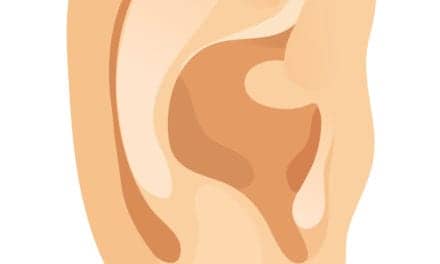In a magazine article published in Popular Science, author Sarah Scoles spoke with several neuroscientists to understand why hidden hearing loss can make it difficult to discern speech in noise.
Sharon Kujawa and Charles Liberman, two researchers affiliated with Mass. Eye and Ear, have found that hidden hearing loss may be related to the loss of synapses that help transmit neurotransmitters with sound information to the brain. In a 2009 study published in the Journal of Neuroscience, Kujawa and Liberman found that mice who had been exposed to a 100-decibel noise for 2 hours, had intact hair cells, but 50% of their synapses missing.
According to the article, researchers coined the term “hidden hearing loss” in 2011 to refer to broken synapses that did not reveal themselves in a standard audiogram or other clinical tests.
Other researchers mentioned in the article approach hidden hearing loss from other angles, believing that autoimmune disorders like Guillain-Barré syndrome could strip neurons of their protective myelin and potentially cause hearing loss.
To read the article in its entirety, please click here.
Source: Popular Science





